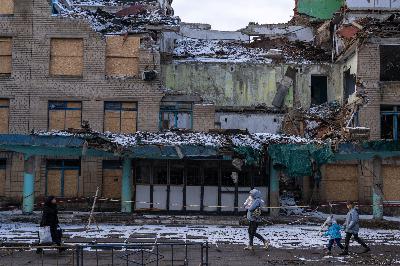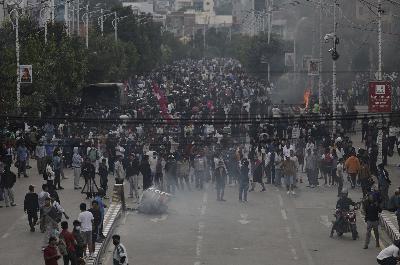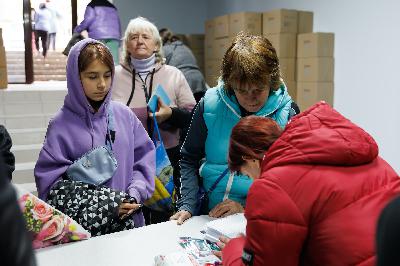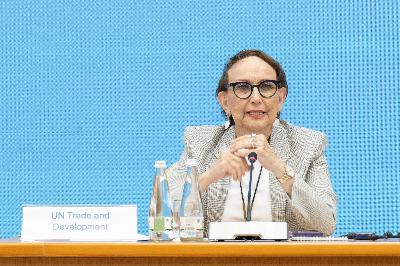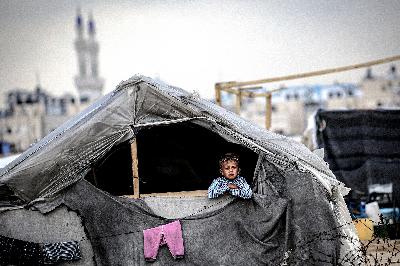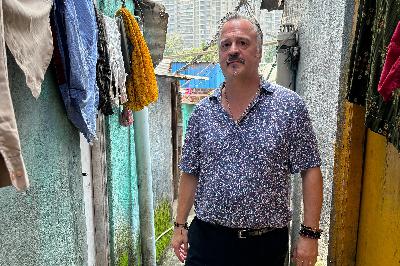Women and girls of African descent continue to face the double burden of racism and sexism
Description
Around the world, women and girls of African Descent continue to face the double burden of racism and sexism, often navigating systemic barriers that hinder their development and violate their rights, according to the UN reproductive health agency, UNFPA.
Last year, the UN General Assembly voted to recognise 25 July as the International Day for Women and Girls of African Descent as they continue to face multiple and overlapping forms of discrimination, manifesting in higher rates of poverty, barriers to education, limited access to quality healthcare, and underrepresentation in decision-making.
UNFPA’s “Leave No One Behind" commitment focuses on dismantling systemic barriers and ensuring equal access to rights, services, and health outcomes for all women and girls.
UN News’s Emma Trager-Lewis sat down with Patricia DaSilva, UNFPA Senior Programme Adviser and Global Coordinator for “Leave No One Behind” to discuss how the agency is working to uplift women and girls across the African diaspora.




